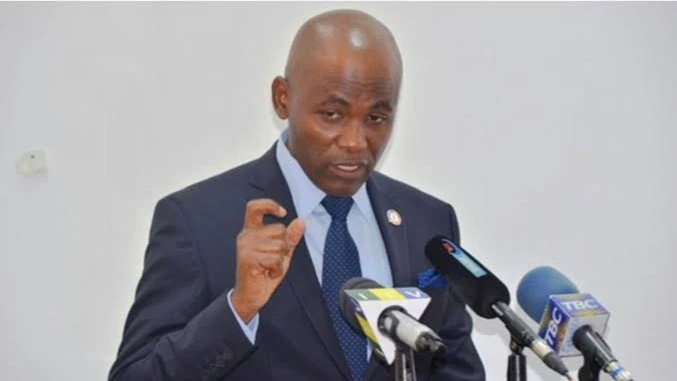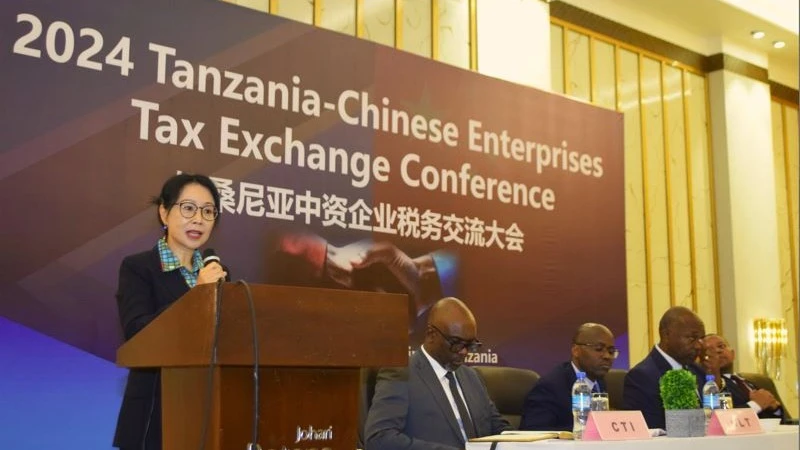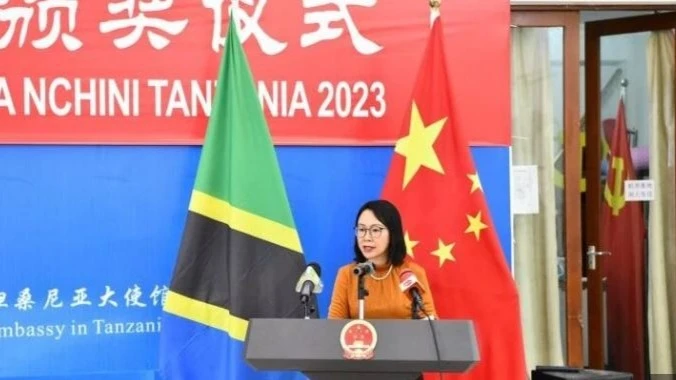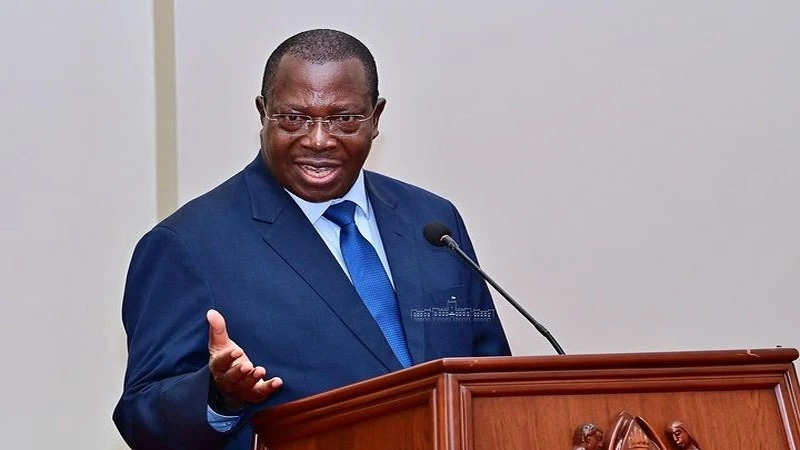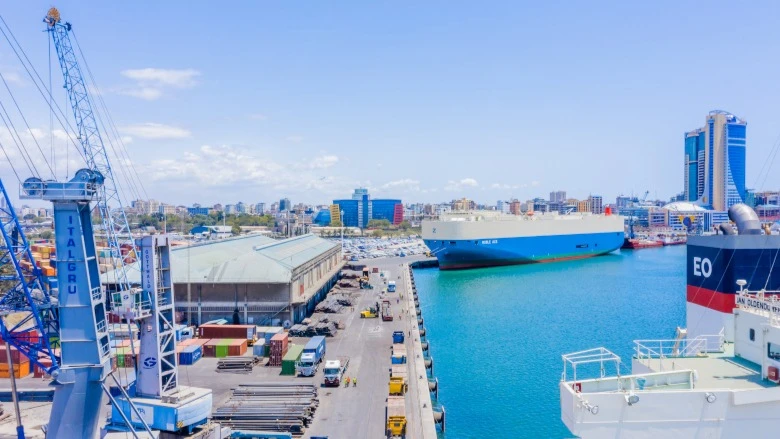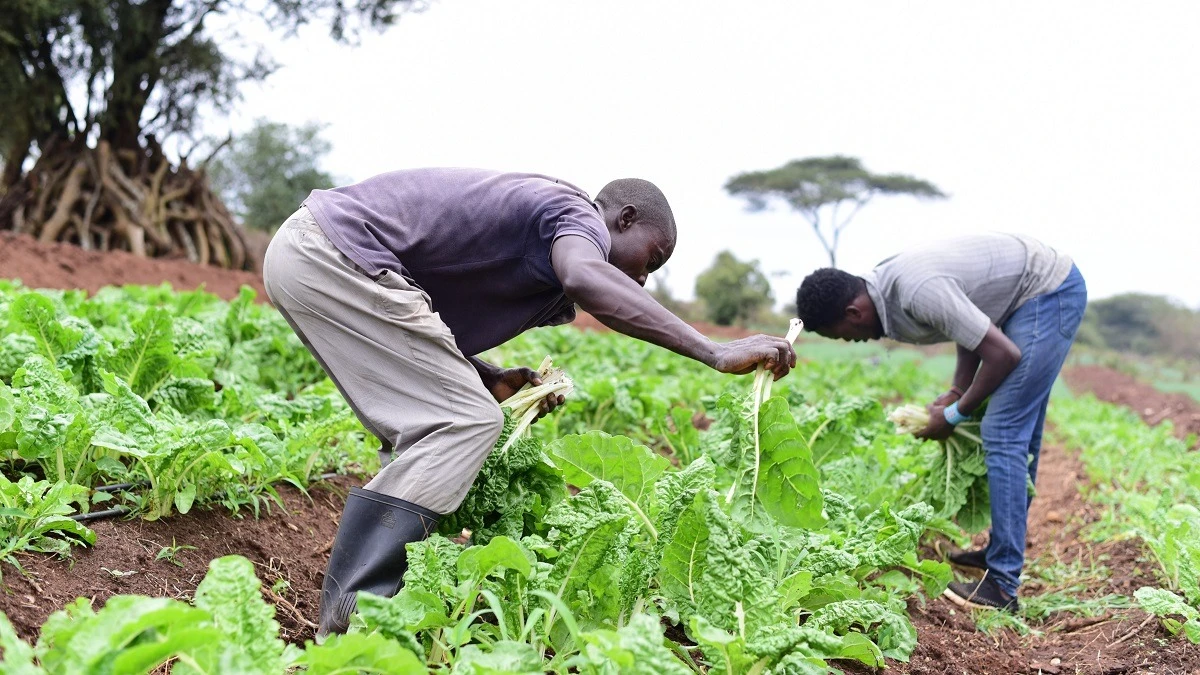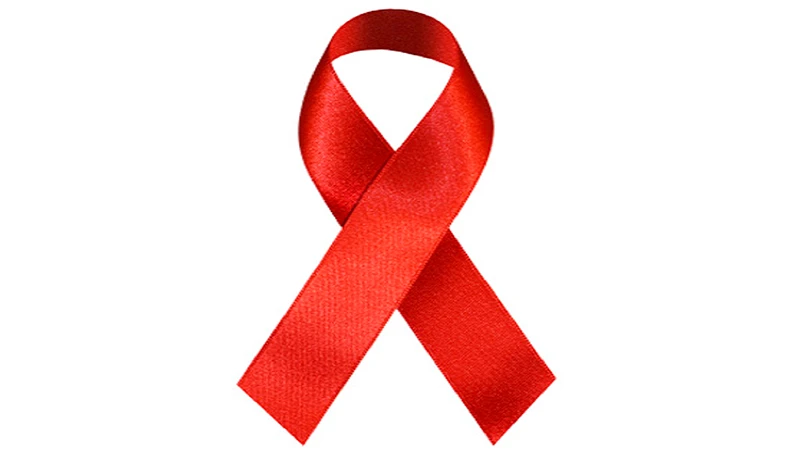Indeed, reform will stand as solid buffer against shocks if well done
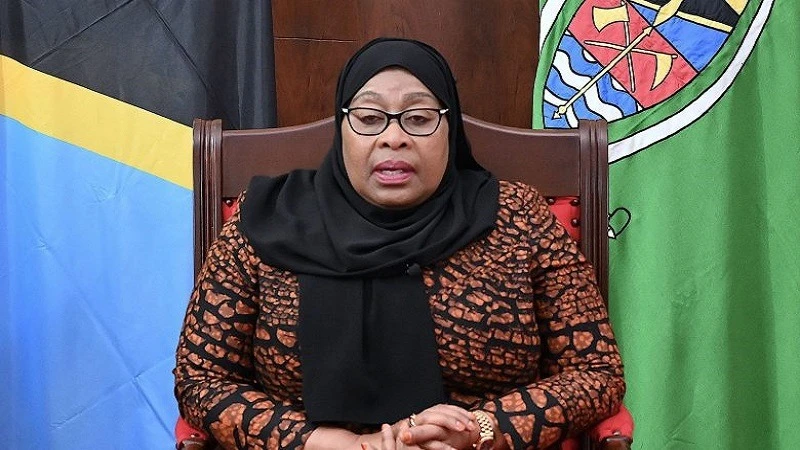
HIGH-RANKING officials have been doing the rounds in ministries or by engaging with civic organisations on the three years of the leadership of President Samia Suluhu Hassan.
Reflections from the second in command, Vice President Philip Mpango, have been an integral part of all this – and they resonate well with a well-considered political strategy.
He has lately declared that the government is building buffers to economic shocks by working to ensure a cohesive society with equal rights in the legal, political and socio-economic aspects, thereby correcting past mistakes. As this summation encompasses plenty, it was real food for thought.
It was at the conclusion of the China-Tanzania investment forum in the commercial capital, Dar es Salaam that the VP underscored the need to strengthen governance institutions as a way of consolidating and guaranteeing the rule of law and the safety of local and foreign investors.
The notion of buffer however focuses not on what the symposium was tied to, namely, as an opportunity to engage in dialogue on policy reforms but rather in its mass context. It is to accept that Tanzania is not altogether free of social or political dislocation, arising from economic shocks but ignited differently.
What cannot be doubted is that economic reform assures more prosperity, which still is not immune to shocks, in which case other spheres of reform (in the 4Rs popularised by the president in the past three years) are crucial to that expectation.
Policy and the regulatory framework can improve the business environment and attract local and direct investments. However, there has to be a change in the expectations of a broad section of the population to alleviate feelings of exclusion.
It is from such sentiments that instability is built upon, reflecting low social resilience to shocks.
There are countless examples of how society reacts to shocks. For instance, there is little doubt that the countrywide skyrocketing in sugar prices from late last year to date could have fetched entirely different reactions on the ground, or series of reactions, in a less resilient climate – that meaning where the level of support for those in office is skimpy.
Shocks can be especially disastrous where social classes or strata and groups are torn apart and the authorities are held in acute disenchantment by large numbers of people.
The revolution in the Sudan that led to the removal of ex-President Hassan el Bashir started with a doubling of the price of bread. The decomposition of the state has not stopped since.
Most disenchanted groups organise and those who supported the president in turn also organise, taking to war against the current military authorities to stop a new agreement ushering in civilian rule.
When reforms are late or absent, those enjoying the lack of reforms so consolidate their grip on power that any attempt to make reforms leads to the outer rings of civil strife.
Each country has to solve its anti-reform shenanigans as well as they can, but Africa could be at risk merely courtesy of its faith in state ownership of land and public sector dominance.
This could impede flows of foreign capital and make elections momentary episodes of civil strife as controlling the state is a vital channel for organised groups to prosper, particularly in the absence of genuinely functioning markets.
Top Headlines
© 2024 IPPMEDIA.COM. ALL RIGHTS RESERVED







